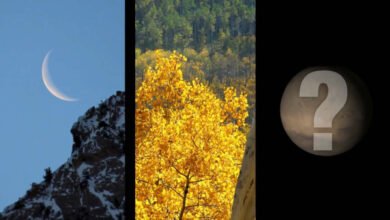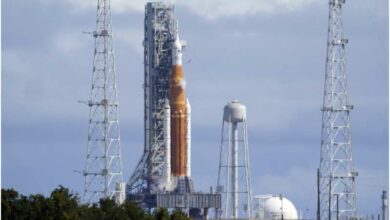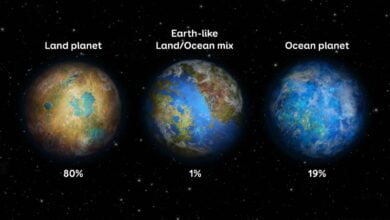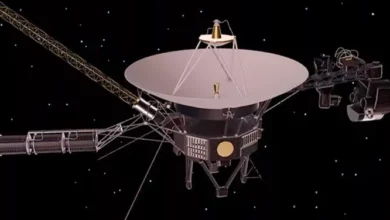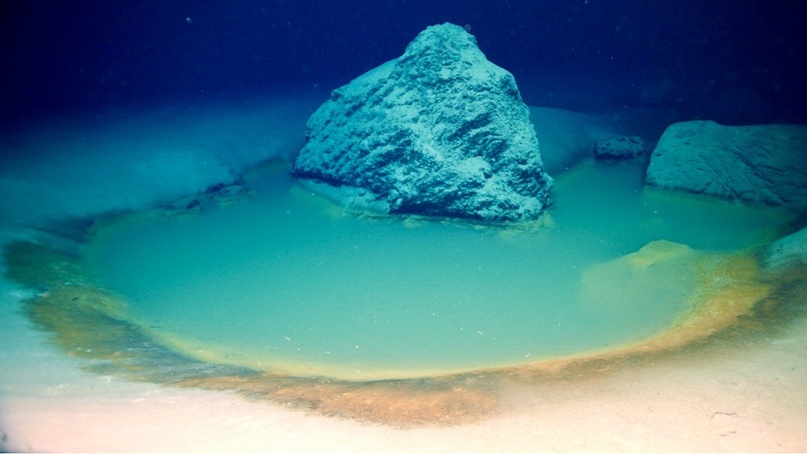
Scientists have made a unique deep-sea find Life on Earth originated here
(ORDO NEWS) — Researchers have discovered an unexpected, alien-like world while studying the bottom of the Gulf of Aqaba.
Scientists have discovered a large salt basin teeming with otherworldly life, extremophiles living in conditions that we cannot imagine possible on Earth.
Scientists have discovered salt pools teeming with extreme microbial life in the northern extension of the Red Sea, the Gulf of Aqaba.
OceanX and the scientists who took part in the research mission reported that this is the first time that salt pools have been discovered in the depths of the Gulf of Aqaba.
Scientists say this unexpected discovery provides clues to life on other planets - and moons - and how Earth’s oceans formed millions of years ago, eventually leading to our planet’s first inhabitants.
Professor Sam Purkis and his team used ROVs to make their discovery 1,770 meters below the sea surface in collaboration with OceanX.
“Until we understand the limits of life on Earth, it will be difficult to determine whether alien planets could be home to any living beings,” Purkis explained.
“Our discovery of a rich community of microbes that survive extreme conditions will help trace the boundaries of life on Earth and could be applied to the search for life elsewhere in our solar system and beyond.”
Although salt pools are one of the most extreme environments in the world, they contain an enormous amount of life despite their high salinity, exotic chemistry, and total absence of oxygen.
In addition, it has previously been found that the microbes of the Red Sea salt basins produce biologically active molecules with anti-cancer properties.
The journal Nature Communications has published the results of a study that discovered the first salt pools in the Gulf of Aqaba.
“We were lucky,” Purkis said.
“The discovery came in the last five minutes of the ten hour ROV dive we were able to dedicate to this project.”
Zero-oxygen-filled seawater pools near the coast have preserved information about tsunamis, flash floods and earthquakes that occurred thousands of years ago in the Gulf of Aqaba.
The Gulf of Aqaba has several faults and fissures associated with its tectonics.
Earlier this year, Purkis and his team discovered a 500-year-old underwater landslide that could have triggered a large tsunami in the area.
An article published July 27 in the journal Nature Communications Earth & Environment titled “NEOM Deep Sea Salt Basin Discovery in the Gulf of Aqaba, Red Sea” describes the discovery.
NEOM, a Saudi Arabian coastal development company, partnered with OceanX for a four-week exploration cruise.
Owned by the ocean exploration organization OceanX, the OceanExplorer is equipped with advanced exploration, research and media production capabilities.
The vessel, formerly known as Alucia 2, is a Hollywood-standard media production studio and floating marine research platform.
—
Online:
Contact us: [email protected]
Our Standards, Terms of Use: Standard Terms And Conditions.


